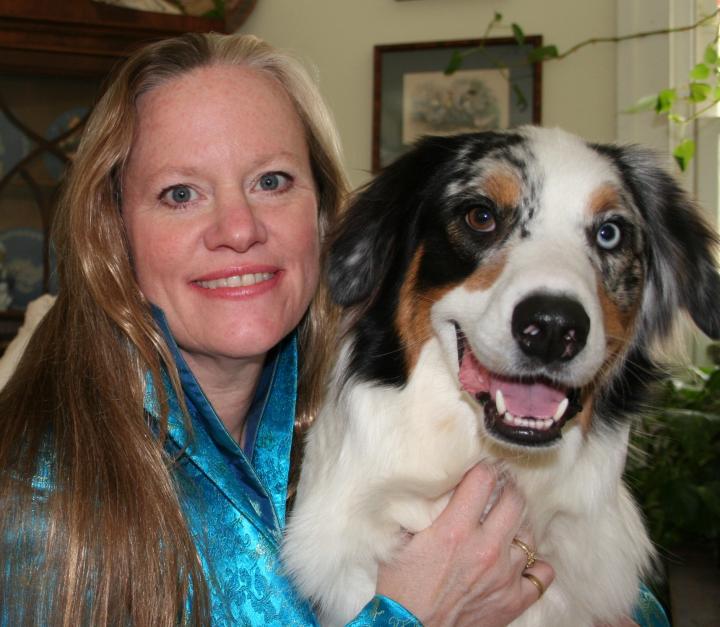Question submitted by the audience in our recent webinar: "The Importance of Exercising Your Dog's Brain for Optimal Physical and Mental Health":
How often should mental exercise activities be rotated and how often to engage your dog? If dog is involved in agility and/or scent training do you recommend other activities on the same day as intense training in these other activities?
Answer by: Karen Overall, MA, VMD, PhD, DACVB

This is a great question because it involves both learning and physical conditioning. Mental conditioning, like physical conditioning, improves with variation in training: run and lift weights, use your nose and your eyes. There are no data suggesting that a strict rotation is needed (and I know people anecdotally tell you to rotate toys, but … it’s the interaction, not the toy), but there ARE excellent data that suggest that daily training to acquire a behavior or set of learned behaviors or sequences is not as helpful as training with breaks. In fact, memory requires periods of consolidation which means that every-other-day training may be best for training some complex behaviors. We don’t know if this is because daily training becomes stressful, and cortisol rises over time slowing translation of proteins, something that could occur with relentless conditioning. However, what is implied here is that you can switch activities so that each one gets at least a day for memory consolidation (eg, agility one day, scent training another, and just walks, underwater treadmills, or massages a 3rd day).
In humans, such consolidation works best if there is adequate and true rest (eg, 8 hours of sleep a night and true, unstimulated periods). Dogs don’t use computers unless they are collaborating in cognition studies, so they don’t have the same trouble turning off digital devices that we do, but no one has investigated how much our choppy and frenetic lifestyles may be affecting their stress or distress levels. Studies on dogs who do shift work (eg, police dogs) show that they recover from sleep deficits better than their human handlers do and have fewer adverse effects of such shifts. However, we also know that dogs with anxiety disorders or other behavioral concerns are exquisitely sensitive to what they consider distressing changes in households … which can be as simple as one family member travels frequently on business. These dogs become much more brittle and reactive and so would have more trouble acquiring new skills.
Finally, true household discord affects everyone and if the dogs begin to get snippy or have diarrhea ... the answer is not going to be in agility or scent work, but in ourselves.